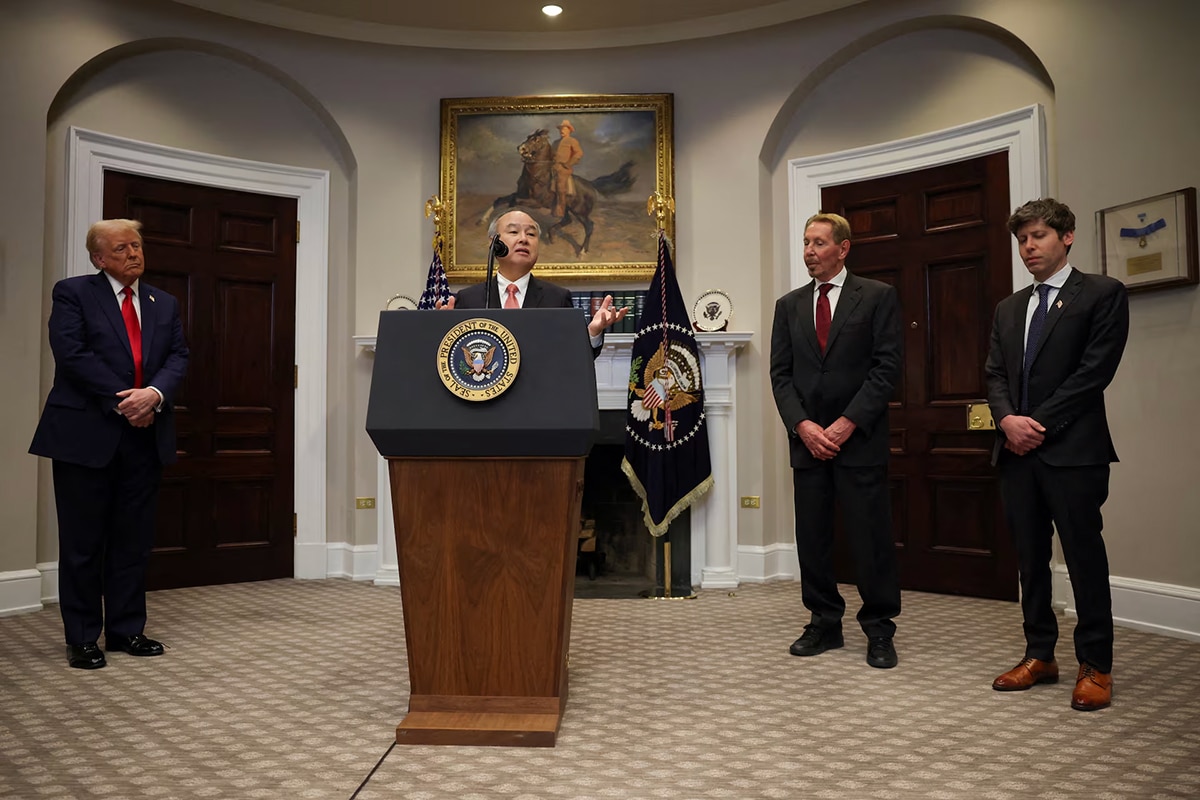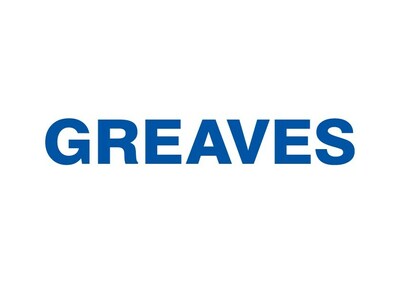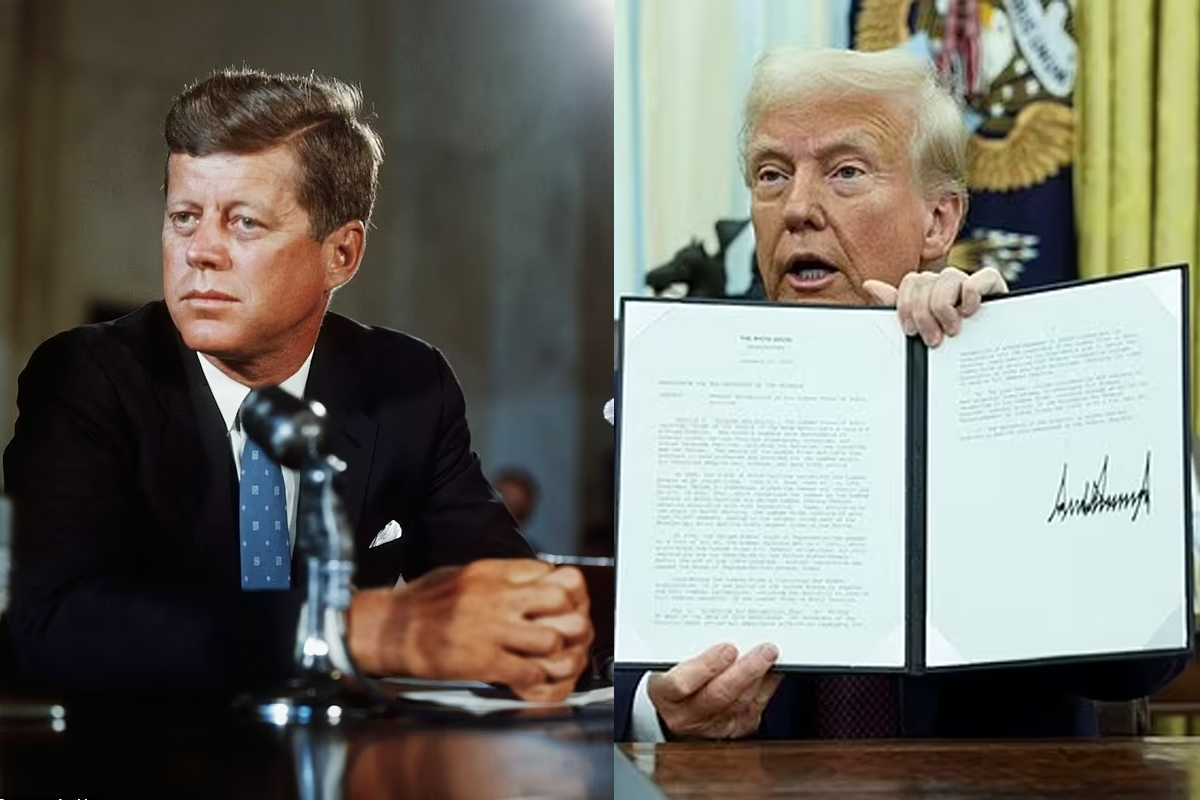The US’s assassination of then IRGC Quds Force commander Qassem Soleimani in 2020 shows that Iran respects strength and takes advantage of weakness, warned General Kenneth F. McKenzie, the former head of US CENTCOM, the command responsible for US operations in the Middle East.
In an article in The Atlantic based on his new book “The Melting Point,” McKenzie stressed that Iran “remains committed to objectives that threaten both the region and US interests.” The general pointed to Iran’s missile and drone attack on Israel to illustrate his point, saying that “America’s continued presence in the region is crucial to dissuade further aggression.”
McKenzie criticized current US defense policy, writing that America has been decreasing its military capabilities in the region, which emboldens Iran.
The American general was in charge of CENTCOM when the assassination of Soleimani was carried out, meaning he had direct operational responsibility for the strike.
“The attack, in early 2020, forced Iran’s leaders to recalculate their months-long escalation against US forces. Ultimately, I believe it saved many lives,” wrote McKenzie, warning that the lesson learned from that strike was “going unheeded.”
“Iran may seem unpredictable at times, but it respects American strength and responds to deterrence. When we withdraw, Iran advances. When we assert ourselves—having weighed the risks and prepared for all possibilities—Iran retreats. Soleimani’s life and death are a testament to this rule, which should guide our future policy in the Middle East,” stressed McKenzie.
McKenzie wrote that when he took over command of CENTCOM, he asked if there was a plan to strike Soleimani. When he didn’t receive a satisfactory answer, he instructed CENTCOM’s joint special operations task force commander to develop plans.
In 2019, Iranian proxies began launching waves of rocket and mortar attacks against US bases in the region, culminating with an attack in late December 2019 in which a US contractor was killed.
After that attack, McKenzie and his staff began reviewing options to recommend to then-president Donald Trump that included targeting a Quds Force commander in Yemen, the Saviz intelligence gathering maritime vessel, or air defense and oil infrastructure in southern Iran.
McKenzie decided they would only recommend targets in Syria and Iraq to avoid broadening the conflict. His team recommended three “personality targets,” including Soleimani and two Kataib Hezbollah facilitators, and four “logistics targets.” At the time, McKenzie preferred focusing on the logistics targets since he was concerned about the possible retaliatory action Iran might take. Still, he chose not to recommend against striking Soleimani.
Trump wasn’t satisfied with the logistics target and ordered the strike on Soleimani. He also approved strikes on the Saviz and the Quds Force commander in Yemen. McKenzie and his team decided to strike Soleimani near the Baghdad International Airport and the Quds Force commander in Yemen within minutes. They decided to save the Saviz for later, although they did not strike the ship.
A few days later, Soleimani was assassinated outside the airport. The strike on the Quds Force commander in Yemen was carried out within minutes but missed its mark.
‘The risk of inaction was greater than the risk of action’
McKenzie stressed that he believes Trump made the right choice in ordering the strike. “The risk of inaction was greater than the risk of action.”
“Iran had doubted our ability to demonstrate such force, and for good reason—we had never done so over the course of at least two administrations. Now, for the first time in many years, Iran had seen the naked power of the United States. It had to recalculate,” wrote McKenzie. “Small-scale attacks continued, particularly those that couldn’t be directly attributed to Iran. But operational guidance to both Iranian forces and their proxies had changed: Avoid major attacks on US forces. This was a watershed moment in the US-Iran relationship.”
McKenzie concluded that the risk of escalation in the Middle East is “inevitable but manageable,” adding that “it is the refusal to accept this risk that has hobbled our policy for so long.”
McKenzie served as the commander of CENTCOM from March 2019 to April 2022.







